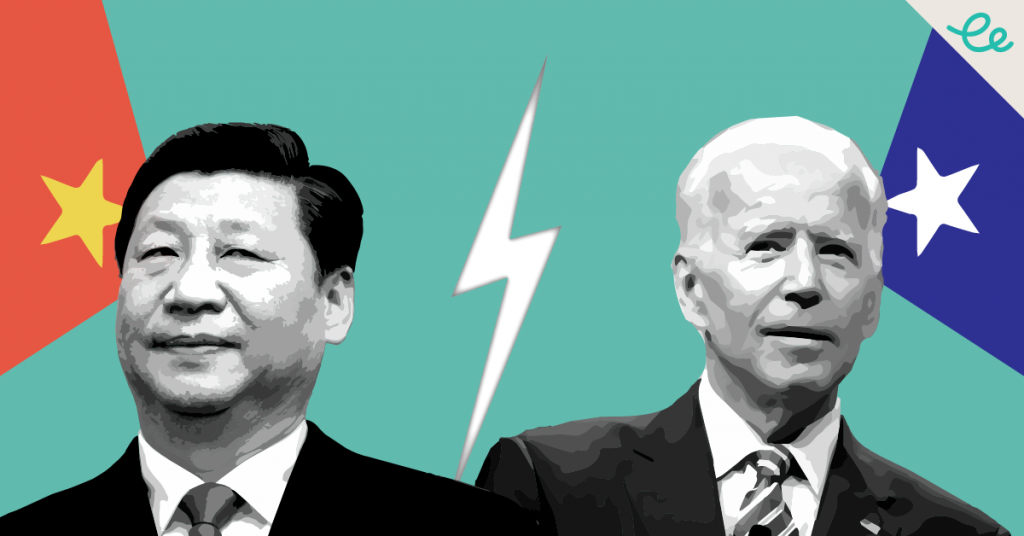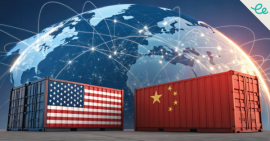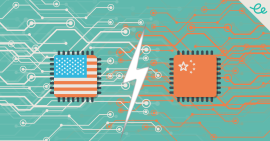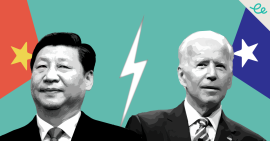In late November, Chinese leader Xi Jinping finally congratulated his next US opposite number on his election victory over Donald Trump, despite Joe Biden calling Xi, more than once on the campaign trail, a “thug” for China’s human rights abuses. This article is a summary of major news items concerning China US relations in November 2020.
Amid the vote count, Chinese Vice-Foreign Minister Le Yucheng hoped the next US administration would meet China halfway, manage differences and push China-US ties along the right track. Yet turmoil and a very bumpy ride still look more likely, with tensions high over trade, the military, the South China Sea, cyberspace – and actual space.
Senior Trump officials said they were pushing for new hard-line measures against Beijing, even as he winds down his final two months in office. Among multiple thorny issues for Biden to tackle, the Trump administration approved the latest in a series of arms sales to Taiwan, while Beijing’s new five-year plan highlighted the use of “disruptive technologies” to gain a military edge over the USA.
After China launched two ‘aircraft carrier killer’ missiles into the South China Sea, the USA shot down a mock ICBM over the Pacific. The US also sent two long-range bombers into China’s ADIZ, while the Chinese navy conducted a series of massive drills. Trump’s Secretary of the Navy called for a new fleet to be established, possibly out of Singapore. A new permanent US base in the region would cause much more alarm in Beijing than governments in the neighbourhood could stomach, warned the South China Morning Post.
Secretary of State Michael Pompeo said the US is “not finished yet” when it comes to getting tough on China. Trump fired US Defence Secretary Mark Esper, triggering worries in Beijing about the increasing risk of accidental conflict and more hard-line Pentagon action. In a rare example of cooperation, Chinese and US armed forces started three days of video conference talks.
China’s biggest chipmaker, SIMC, warned that its business was suffering delays and uncertainty due to US restrictions, while American Airlines announced it will resume service to China, bringing to 10 the number of weekly flights by US carriers. Boeing expects Chinese airlines to buy 8,600 new aeroplanes worth $1.4 trillion over the next 20 years.
As China’s most ambitious moon mission blasted off to gather rock samples, NASA Tweeted the hope that China shares its data “like our Apollo missions did & the Artemis program will.” The moonshot is “a significant step” towards establishment of a permanent Chinese presence on the moon, warned the top Science Committee Republican Frank Lucas. China is a threat that could block American access to space, said US Space Force General John Raymond.
China strives to revise the world order, “serving Beijing’s authoritarian goals and hegemonic ambitions”, warned the US State Department in a policy paper that accused the Chinese Communist Party of triggering a new era of great-power competition. “Another anti-China lie”, responded Beijing.









Comments are closed.